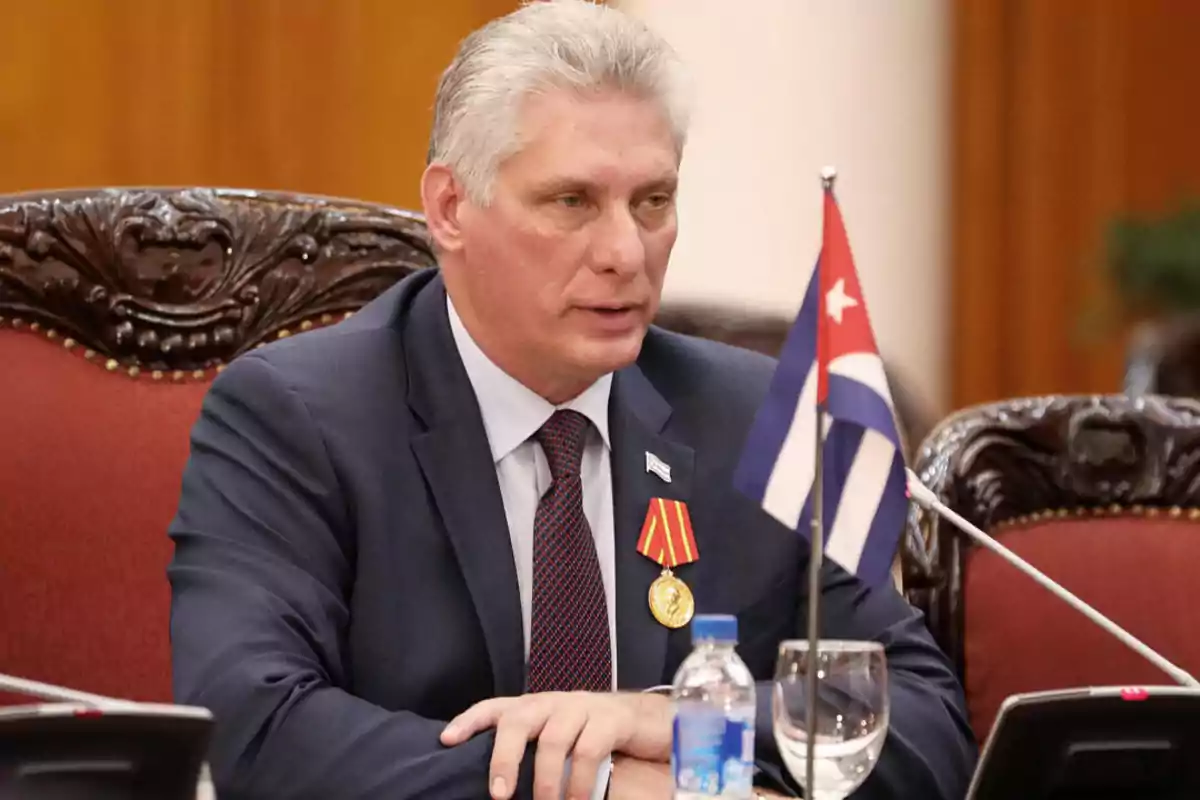
The Communist government of Cuba will prevent foreign companies from extracting foreign currency.
Miguel Díaz-Canel's government announced in recent days that companies will not be able to access the foreign currency they hold in bank accounts in the country
Cuban authorities have recently informed several foreign companies that they will not be able to repatriate the foreign currency they hold in bank accounts in the country, which has caused enormous discontent in the international business sector.
According to information obtained by various news agencies, in some cases, the blocked amounts amount to several million dollars. In light of this situation, some companies have expressed their complaints to their respective governments, and affected businesspeople indicate that their accounts have been "frozen", being limited exclusively to operations within Cuban territory.
In an attempt to manage the liquidity crisis and offer an alternative to the affected companies, the authorities have initiated a round of individual meetings called "interviews," in which these companies are proposed to open a new type of foreign currency bank account.
This modality, still in a pilot phase and with very restricted use, is based on a monetarily backed accounting system that would allow operations without the current limitations.
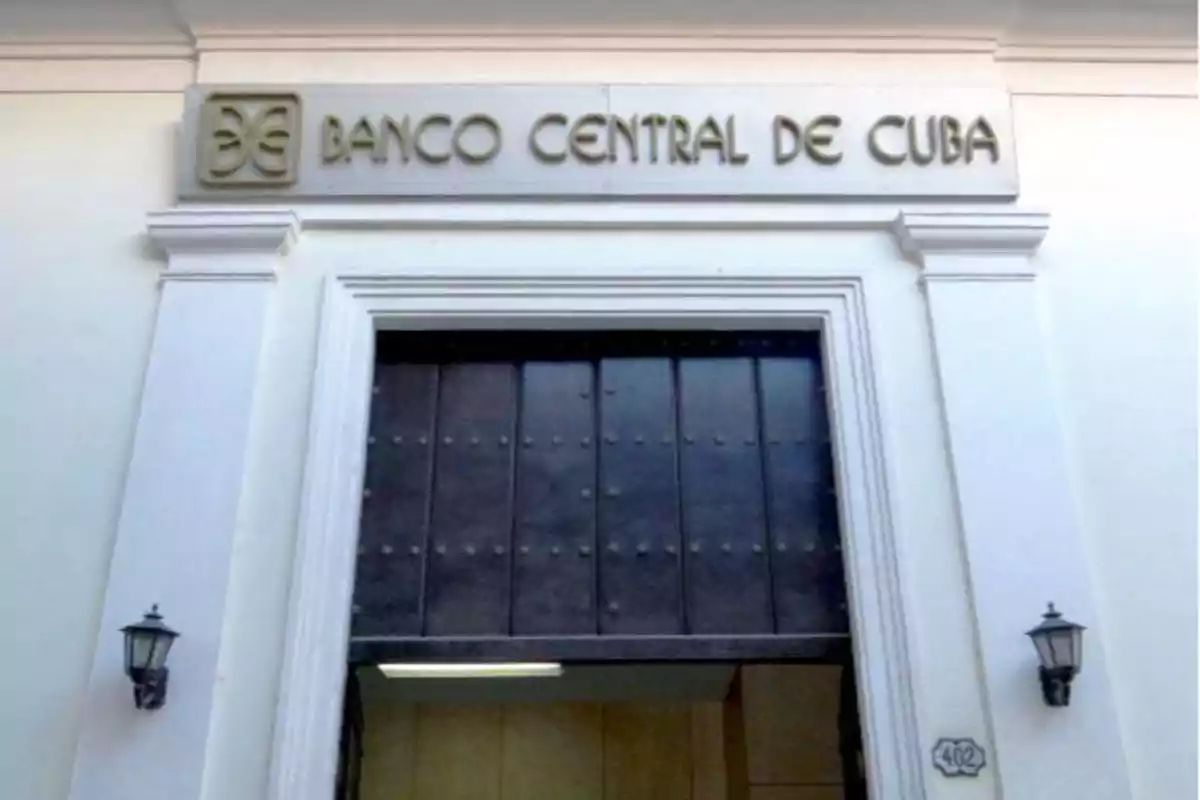
However, these accounts will only accept new capital from abroad, excluding any type of transfer from existing accounts.
Some companies, especially those with active investments in Cuba, have begun to operate with these new accounts, including some linked to the business conglomerate GAESA, managed by the communist Revolutionary Armed Forces (FAR) of Cuba.
This group controls strategic sectors of the national economy, including tourism, telecommunications, retail, real estate, and banking.

Although some businesspeople see this new measure by the communist regime as a painful but inevitable path given the existing economic restrictions for years, others are deeply skeptical.
The skepticism arises from negative precedents with currencies like the defunct convertible peso (CUC) or the Freely Convertible Currency (MLC), and from the widespread distrust in the future stability of these new accounts, given the country's prolonged economic crisis.
The Cuban financial system is going through a critical situation, with structural problems such as the lack of liquidity in both Cuban pesos and foreign currencies, the existence of multiple exchange rates, and a strong dependence on the State in all banking areas.
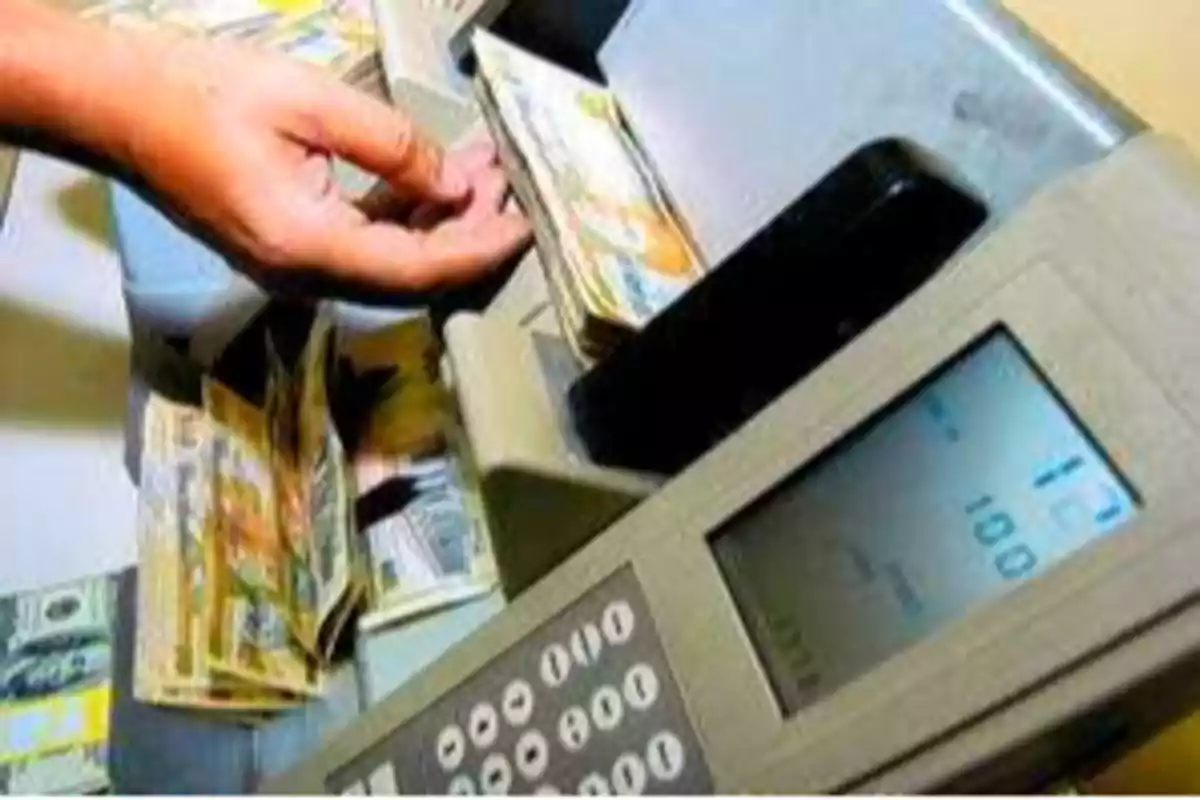
Since August 2024, the availability of cash in national currency has been rationed, and access to foreign currency is extremely limited.
The causes of this crisis are multiple: the economic impact of the pandemic, the tightening of U.S. sanctions including the inclusion of Cuba on the list of state sponsors of terrorism and a series of failed monetary and economic policies promoted by Cuban communism.
Currently, the Cuban State keeps a monopoly on foreign trade and imports approximately 80% of the country's consumer goods, prioritizing food and fuel in the face of declining national production.
In this context, the government has implemented simultaneous banking processes, to reduce the use of cash, and partial dollarization, in order to capture larger volumes of foreign currency and meet its international payment commitments.
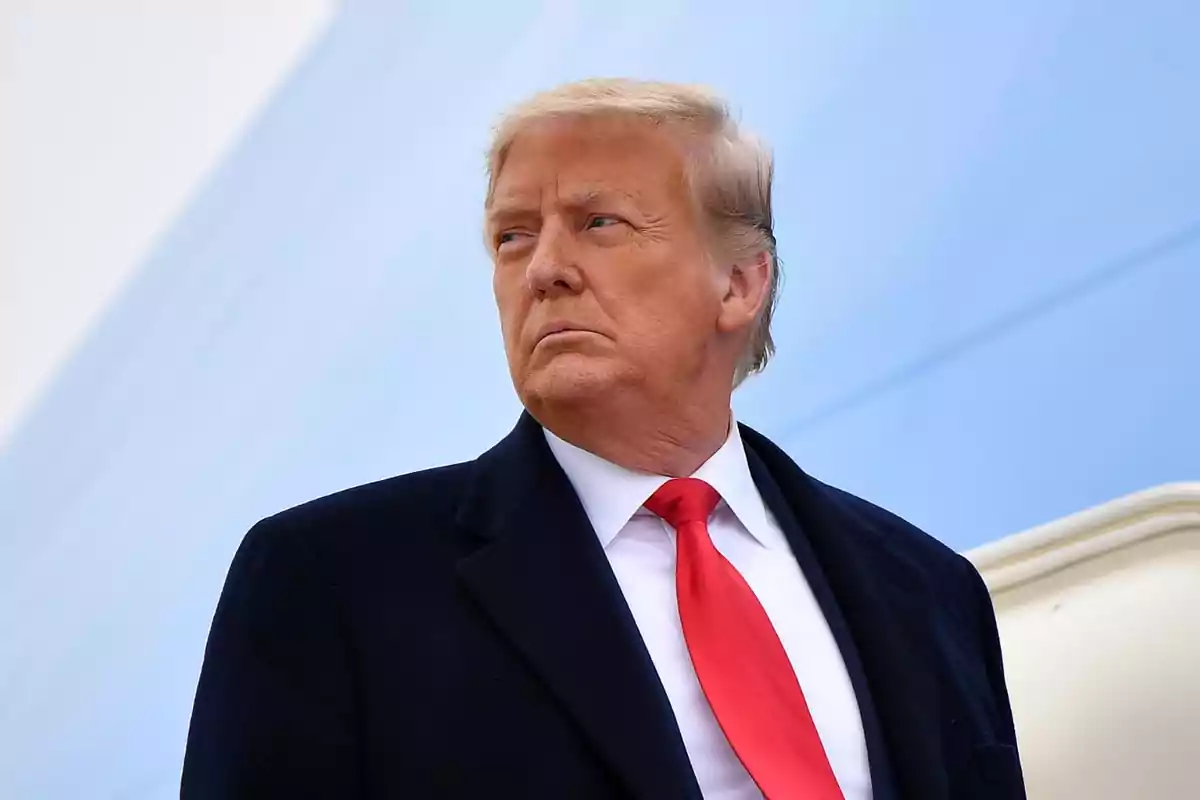
Foreign companies with a strong presence on the island, especially Spanish ones in the tourism sector, such as Meliá, Iberostar, Barceló, NH, among others, have been affected or are awaiting more official details.
Spain leads the foreign tourism presence in Cuba, with more than 100 approved hotel management contracts and several real estate projects underway, some linked to golf courses.
So far, the companies have avoided making public statements on the matter, except for Meliá, which stated it has not yet received any formal notification. Even so, the situation generates great uncertainty among investors, who fear for the security of their assets and the continuity of their operations on the island.
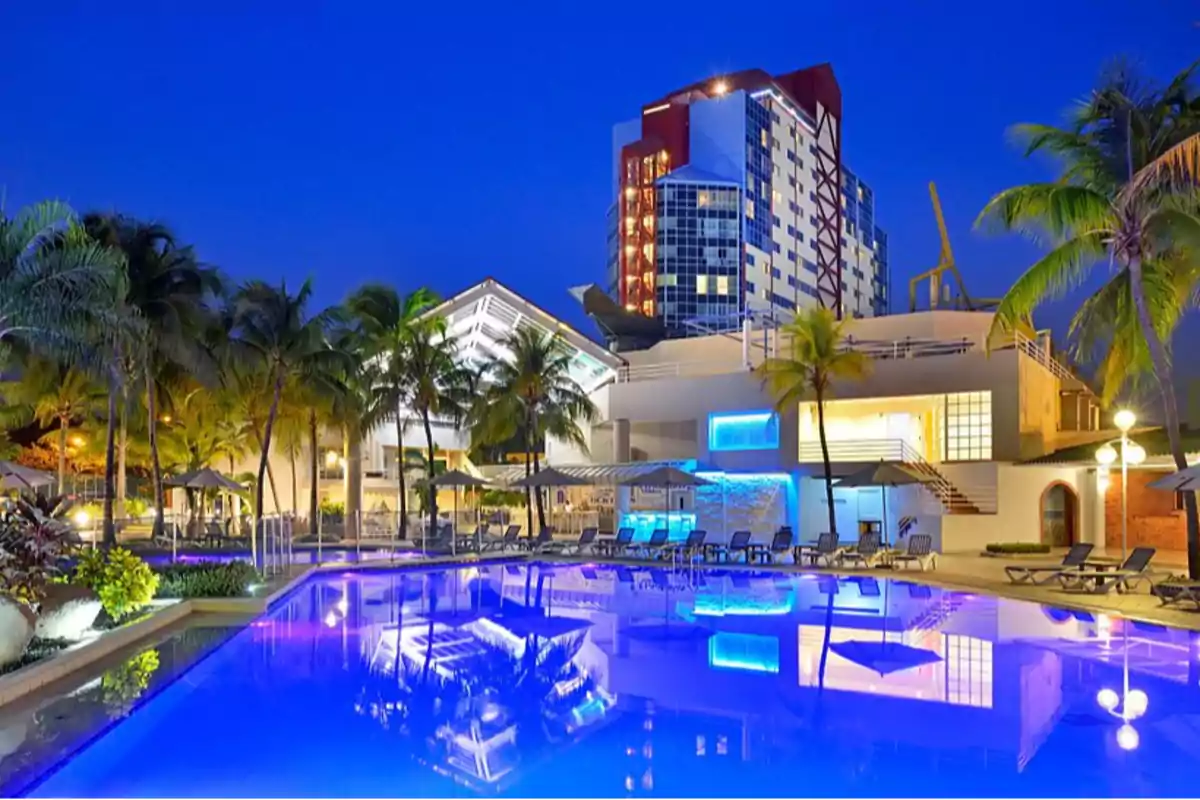
More posts: